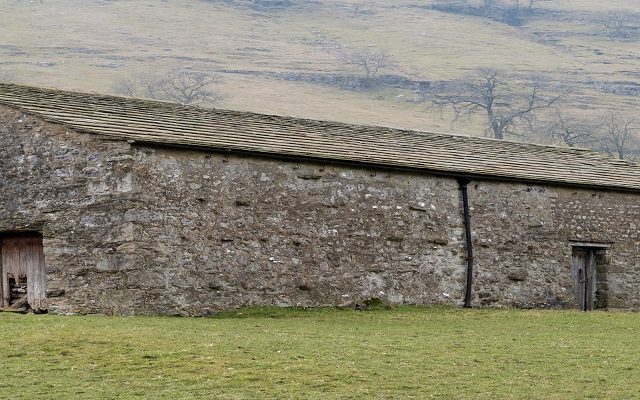Greening rules relaxed to reduce regulatory burden on farmers
Farmers in England will no longer be required to comply with so-called greening requirements when planning their cropping for harvest 2021.
This means that, unlike previous seasons, they won’t need to juggle the complexities of Ecological Focus Areas, crop diversification requirements and special controls on permanent pasture.
The government has decided that despite their name, greening requirements have delivered very little for the environment and removing them will cut the bureaucratic burden on farmers.
Greening payments currently make up 30% of the total amount farmers can claim through the Basic Payment Scheme (BPS).
But the change will not affect the overall payment received by each farmer, as the greening money will be added to the value of a farmer’s BPS entitlements.
Overall, the relaxation of greening requirements – in particular the crop diversification aspect, which is also known as the three-crop rule – is likely to be welcomed within the farming industry.
It is a useful simplification giving growers the flexibility to plan their cropping in response to market conditions and the weather, rather than to satisfy legislation.
The timing of this announcement may be particularly helpful for those growers currently facing the decision whether to grow oilseed rape again, given its disappointing performance in recent years.
It could also assist contractors servicing smaller Contract Farming Agreements who will no longer be required to ensure there are three crop types across a block of land, allowing them to streamline farming operations to improve efficiency.
But the rule change may prove to be an irritation for farmers with existing Countryside Stewardship Scheme (CSS) agreements which have been sculptured around a farm’s need to meet its EFA requirements.
Double-funding rules first introduced when CSS was rolled out in 2015, and tightened further in 2019, have meant that farmers have been unable to claim CSS payments on land used as an EFA.
This has meant that anyone who has put together a recent CSS application has been forced to leave out up to 5% of their land, to make sure they can meet their EFA requirement without an overlap with their CSS options.
Unless there is a further change in CSS rules, farmers will be unable to amend their existing agreements to reflect this new situation, putting them at a disadvantage to future CSS applicants.






